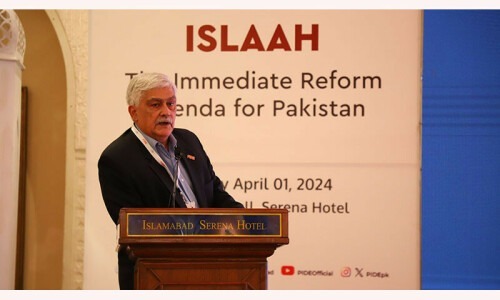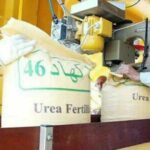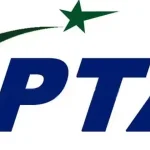ISLAMABAD: Through immediate and extensive reforms spearheaded by companies specializing in digitisation, the Pakistan Institute of Development Economics (Pide), a state-owned think tank, has asked the government to move away from bureaucratic permissions and toward rule-based market liberalisation. Additionally, the institute has asked the government to generate gains in the agriculture sector worth Rs1.7 trillion, open up public land worth Rs2.2 trillion for private investment, and exploit the over Rs300 billion annual revenue potential from real estate through transparency.
The think tank argued that Pakistan’s urgent need for foreign financing surpassing $120 billion over the next five years will be met by the suggested plan in its ambitious reform proposal to the government, titled “ISLAAH: Immediate Reform Agenda — IMF and Beyond.”
In order to secure economic advancement and prosperity, “a systemic overhaul is clearly needed, moving beyond the narrow interests that often dominate the discourse on reform in Pakistan,” as said in the statement.
Former deputy chairman of the Planning Commission and vice chancellor of the Pakistan Institute of Development Economics (PIDE), Dr. Nadeemul Haque, has advocated for tax harmonisation nationwide, tax system simplification and certainty, and consistent tax rates on all income streams.
PIDE demands that the tax system be made simpler and more predictable, and that all revenue streams have the same tax rates.
“The implementation of a’regulatory guillotine’ to eliminate burdensome regulations impeding business growth and innovation is a central component of this strategy,” Mr. Haque stated.
“It’s critical that we go from a permissions system to explicit rules in order to achieve economic efficiency since permissions not only cost a lot of money in terms of missed opportunities and wasted time and resources, but they also result in substantial paperwork costs.
“To do this, we need to give clear regulations first priority,
the “Permissionistan” phenomenon by ending the bureaucratic predilection for paperwork and permissions through digitalization and market liberalization.
Inspired by India’s 1991 successful reforms, it is clear that piecemeal solutions are insufficient. Rather, we support the application of a regulatory guillotine, a tried-and-true tactic used by nations like South Korea, Hungary, Mexico, and the United Arab Emirates,” he stated.
In order to avoid creating new taxes in each budget cycle, Dr. Nadeem said that the government should focus on streamlining taxes in a revenue-neutral way when completing budget proposals. Tax uncertainty and instability have hampered firm growth, driven investments underground, and impeded corporatization and listing.
Pide proposed eliminating the presumptive tax regime, taxes on turnover, and a uniform tax rate for all sources of income, together with provisions for carry-forward and adjustment of agricultural income losses.
Along with changes to the taxation of asset sales and dividend income between corporations and sole proprietors, it also demanded tax uniformity for AOPs.
Along with harmonizing the sales tax system across goods and services, speeding the implementation of POS through outsourcing within six months, and switching to a VAT mode with consistent rates, the think tank recommended for moving from withholding taxes to advance income tax methods.








